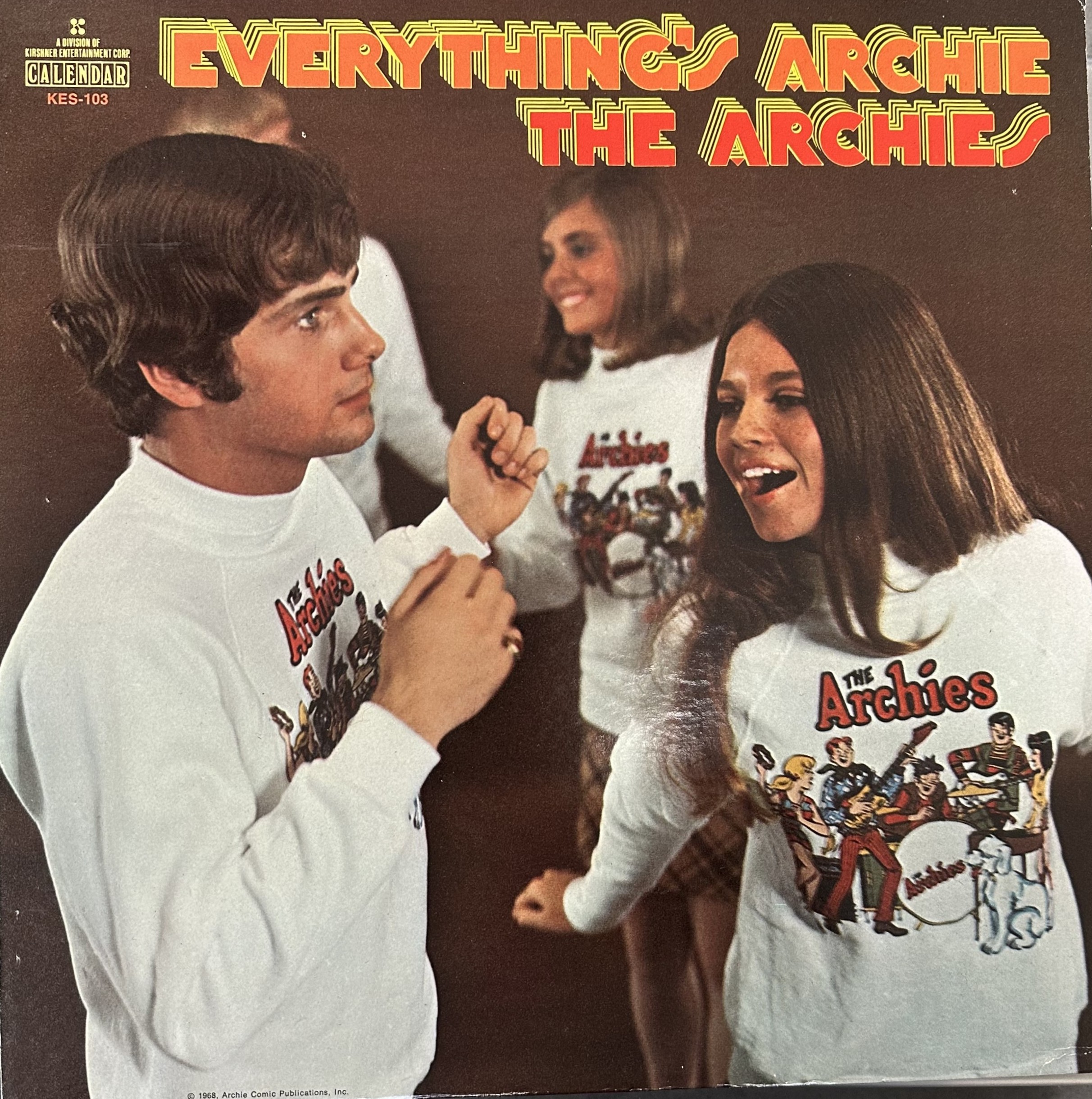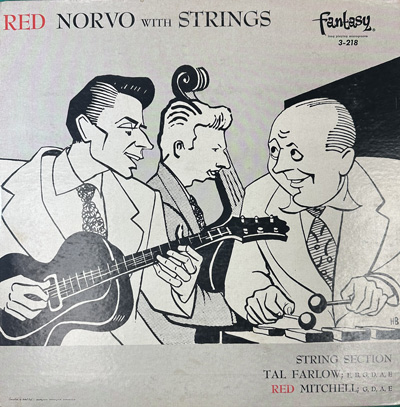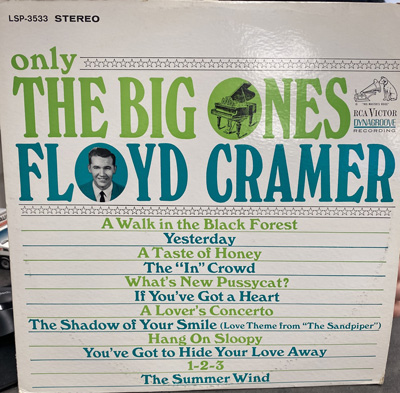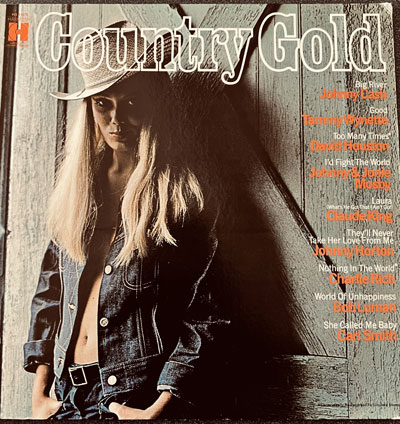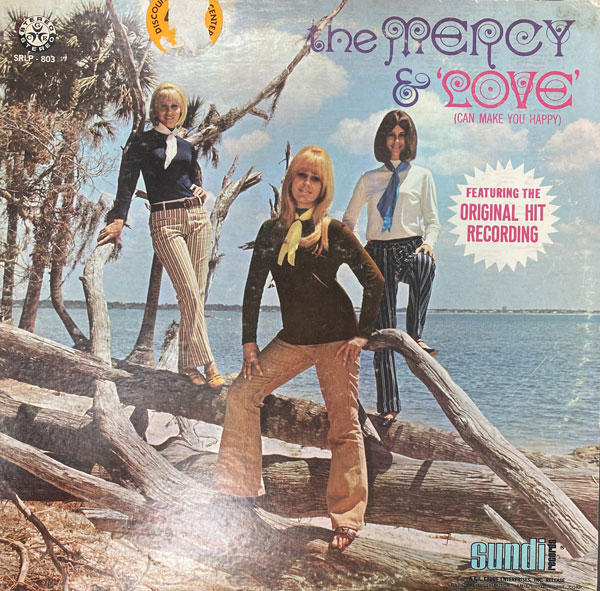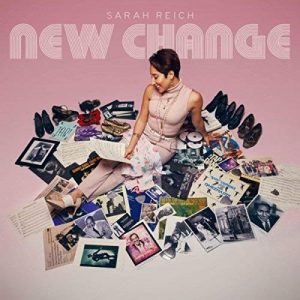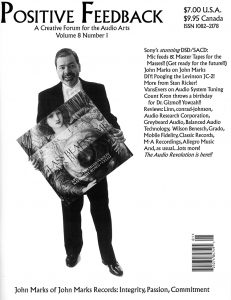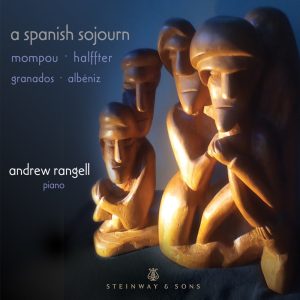I'm far from being an expert on Hawaiian music, but I'm crazy about it. LPs, both stereo and mono, of Hawaiian music have provided me with decades of pleasure. I also love the way vintage Hawaiian records sound, because they often sound amazing. I currently own 55 Hawaiian LPs, and I used to have more. One of the greatest joys of owning Hawaiian records is having access to one of the finest singers who ever uttered a lyric into a microphone, the great Alfred Ahola Apaka Jr. (1919 - 1960).
I really don't really think of Alfred Apaka as a Hawaiian singer as much as I think of him as one of my very favorite singers. I hear Frank Sinatra and Ray Price in the same manner. My favorite album by Apaka is called Hawaiian Favorites (Decca DL8361). It was released as a 12" LP in 1956, but it was recorded in 1951 and released that same year as a 10" LP (Decca DL5321). I own both and the 12" LP sounds better.
Alfred Apaka's rich voice is one of the most soothing sounds I can think of. His light baritone vocal range was similar to Elvis, but a shade lower. Apaka managed to own every Hawaiian standard he sang. A perfect example is the opening cut on Hawaiian Favorites, the perennial classic "Lovely Hula Hands." Apaka is backed by Danny Stewart's Hawaiians, a trio which includes Stewart's ever-flawless steel guitar, a ukulele, and a string bass. Stewart's group sounds as beautiful as an island sunset, and the way they gently swing this standard creates the musical equivalent of light breeze. And there's Apaka's voice: It's sublime. Many people have recorded this song, but when you hear Apaka sing it you won't care about any other version. The sound is a lesson in tonal balance, because it is perfect. The entire LP is completely free of reverb, making the sound as honest as the music.
Track two is "The Moon Of Manakoora" and it opens with Stewart's ravishing steel guitar. Apaka soon enters with his perfect voice and phrasing. The lyrics are by Frank Loesser, and the music is by Alfred Newman. It was originally recorded by Dorothy Lamour for the 1937 film The Hurricane. Needless to say, film music isn't exactly Hawaiian, but when Alfred Apaka sings and Danny Stewart plays the music becomes the real deal.
Side one cut four is Sleepy Lagoon. Stewart's vibrato on the steel guitar is amazing, and, of course, so is Apaka. This is musical perfection.
Side two cut two is "I Will Remember You." Nobody could sing a beautiful love song any better, and if you don't believe me, listen to it. Mere words cannot describe how beautiful this man's voice sounds, or why this is the only cut that sounds better on the 10" record.
Side two cut six is the good old "Hukilau Song," written by the non-Hawaiian, Jack Owens. It's silly, catchy, and I lost count how many recordings I have of it. Need I tell you that Apaka's is the best?! It's also the best sound on the album. He's in the room and so is Stewart's steel guitar.
The sound of this record is amazing. If your greatest audio pleasure is reproducing wraparound stereo soundscapes, like the ones created by Pink Floyd and Dire Straits, then you probably don't care about mono recordings from 1951, Hawaiian music, or LPs in general. On the other hand, if you appreciate the sound of they-are-here musicians in your listening room, then you probably own some reverb-free mono LPs from the 50s, and use tube amplification. Making recordings that sound like this is not rocket science, but it would require the restoration of some very old looking mic preamps, and finding a room that doesn't sound like a stone lined church to hang your mics in. This recording features little more than tube recording gear and ribbon mics. It's an organic sound that I love, and a sound that connoisseurs of high end audio should explore. Rock, jazz, classical, country, and blues are the fundamentals of a music collection, but it's good to take a vacation from them, and there's no better musical vacation than the Hawaiian music music by Alfred Apaka and Danny Stewart.
Both the 12" and 10" versions of this title were pressed on breakable Deccalite. I don't know what the reason for pressing 33RPM records on styrene was, but I assume it was less expensive than vinyl. CBS pressed some of their 10" records on styrene, and so did Mercury on a number of their Emarcy jazz titles. The breakable Emarcy titles always have a touch of distortion, especially on vocals, but somehow Decca managed to press their styrene Deccalite LPs without distortion. I have no idea how Deccalite would sound in stereo, as Decca never issued stereo records on Deccalite, but the monos I own sound amazing.






